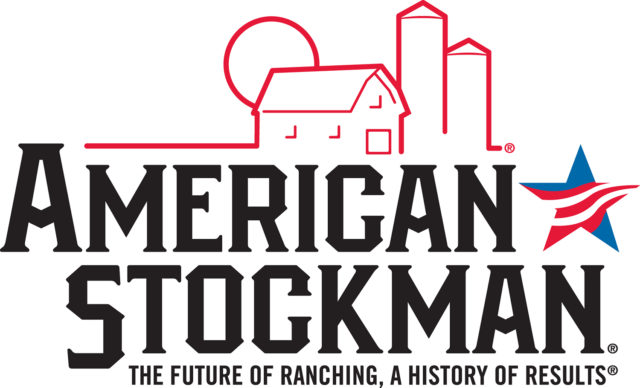Proper planning and use of such technology is necessary to provide timely information for decision-making and risk management analysis.
Weaknesses in these procedures can cost your business money.
These six questions highlight possible concerns.
1. Is your equipment safe?
Computer hardware, which contains your business’ vital information and keeps your business running, should be protected from the environment and people.
Among the environmental threats to hardware integrity are water, heat and fire. In order to protect against water damage, computer hardware should be maintained in a raised position off the ground and regular maintenance should be performed on your building.
Danger from heat can be mitigated by dedicated air conditioning and creating proper ventilation around your hardware.
Proper fire alarms and fire suppression systems are necessary under many insurance policies and the cost benefits of installing suppression systems, which of course lessen damage to computer hardware, should also be considered.
2. Are your data safe?
Securing computer hardware against access by unauthorized people involves having dedicated server rooms with controlled access.
If a dedicated server room is not available, locked server racks are available for sensitive and important computer hardware.
It is imperative to keep your data secure – the memories and nerve impulses of your business. A first and important step to data security is the mandatory use of complex passwords and regular expiration of user passwords.
Appropriate anti-virus, anti-malware and firewall software must also be installed and operating on your business’ servers.
Keep these programs up to date by guaranteeing that updates sent by your vendors are applied in a timely fashion. Updates keep the programs you have purchased functioning properly in an ever-changing software environment.
3. Do you know what software and structure changes happen and when?
Your computer software and structure are a work in progress. As changes are made to the structure, good business practices mandate that appropriate changes be applied.
You should make a record of what changes have been previously made. Additionally, the first step to keeping your business on its feet is to have written change management procedures regarding the vendors and software you use.
Too often, businesses rely on one individual to maintain a complex technology structure in a live state. You must be certain that your system can be maintained based on your records.
4. Do you know who can do what?
Your business involves confidential information. Internal controls, which safeguard the assets of your business, require that transaction approvals and transaction review trails be available and reliable.
Toward these ends, you should develop a list of privileges based on employee roles and structure access to your software. A responsible person must review and document these privileges.
In the best situation, an information technology specialist should perform this duty. In many farm and ranch businesses, accounting and information technology become a solo performance.
You must consider the risks your business is willing to take and the risks you want to place on your employees.
If privileges and the assignment of privileges cannot be segregated from the performance of duties, then a responsible person must be found to review access privileges on a regular basis and to verify that your data and transactions are properly secured.
5. Are you prepared for the worst?
Farmers and ranchers hope for the best and plan for the worst when organizing placement of animals or planting of crops.
The same measures must be taken with the data that supports your business. Written disaster recovery policies must be maintained and reviewed.
Also, disaster recovery policies should be considered from an accessibility standpoint. Having a detailed plan saved on a computer which would be destroyed in the event of a disaster is a poor practice.
In preparing for disaster recovery, you must consider the location of, and access to, off-site data storage.
You must prepare a listing of all data files that would have to be obtained from the off-site storage location.
You must identify a backup location with similar or compatible equipment for emergency processing and it is best to obtain a written agreement for access to this equipment.
You must document and train your personnel with their responsibilities in an emergency. You must prioritize the applications and information you have based on how important access to it will be during an emergency period.
With any external backup, you must consider the reliability of the vendor you are using. An SSAE 16 report is available and is a key tool in understanding the controls vendors will exercise over your data click here to view.
Possessing backup procedures alone is not sufficient. Backups can become corrupted or become out of date, so backups should be reviewed periodically to make certain they are reliable.
Backup files also are a portable snapshot of your company’s information. They should be kept secure to keep your data from being stolen.
6. Is the ‘cloud’ for you?
Cloud computing is a recent development which is available to provide backup reassurance. Examine your situation and your connectivity with the Internet to consider if cloud computing is a reliable option for your business.
Cloud computing is primarily limited by two concerns. First, you must be able to maintain reliable communication between your hardware and the cloud if you are using software live on the cloud.
Loss of connection could lead to data or time loss. Second, you must budget for the recurring costs of cloud computing.
If, in relying on the cloud, you do not have hardware capable of storing all of your information, then loss of that information due to problems with a cloud vendor can have costly consequences. ![]()
PHOTO
Securing computer hardware against access by unauthorized people involves having dedicated server rooms with controlled access. If a dedicated server room is not available, locked server racks are available for sensitive and important computer hardware. Photo courtesy of Progressive Cattleman staff.







